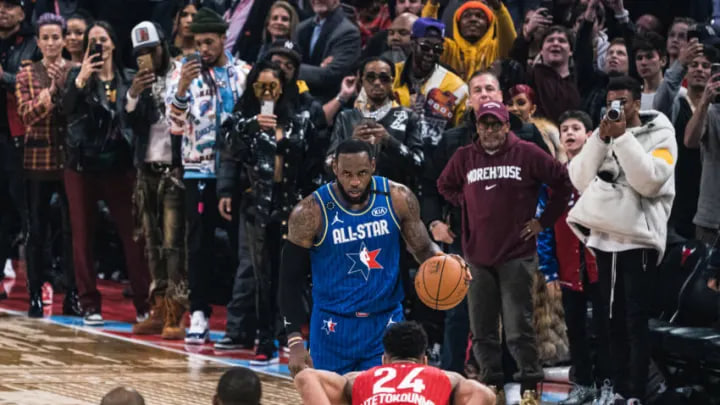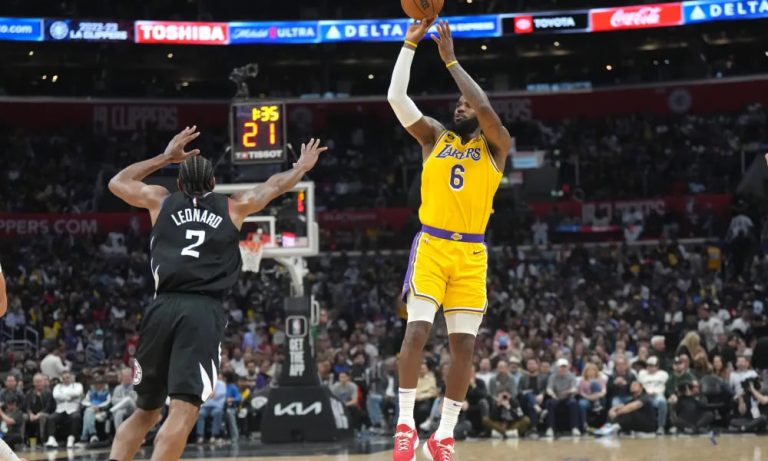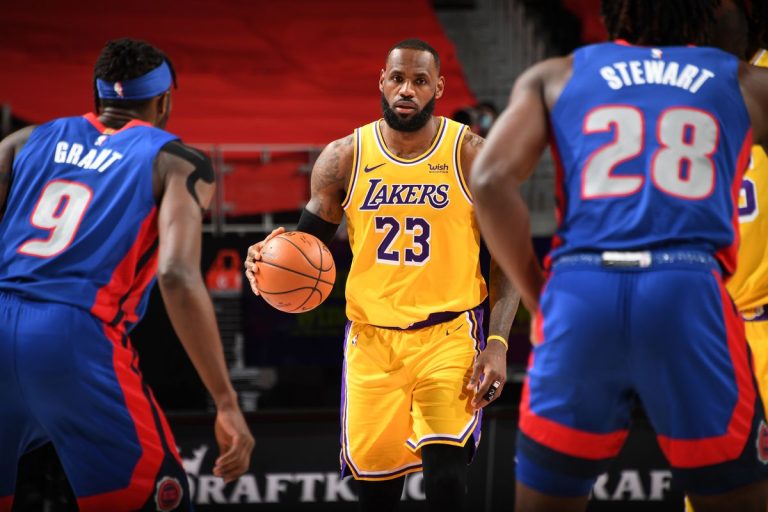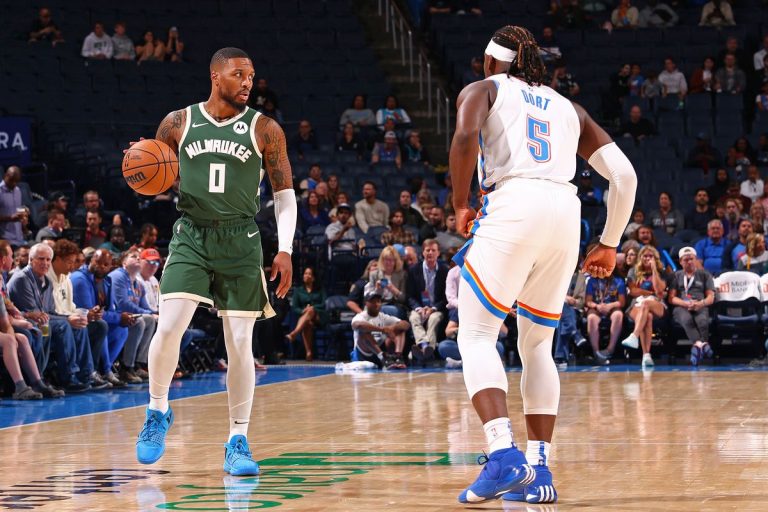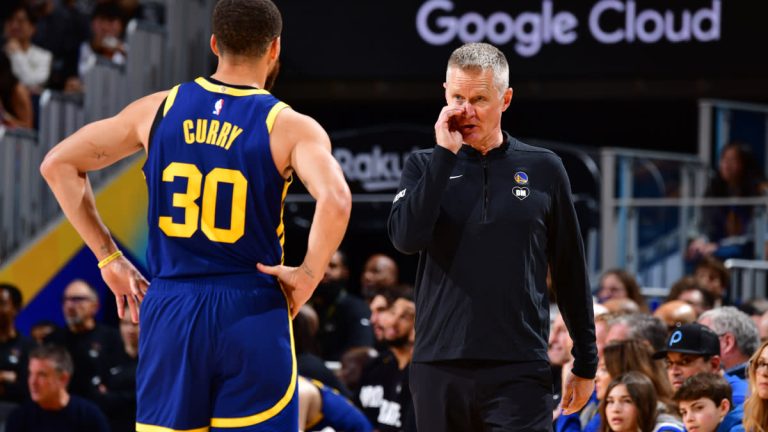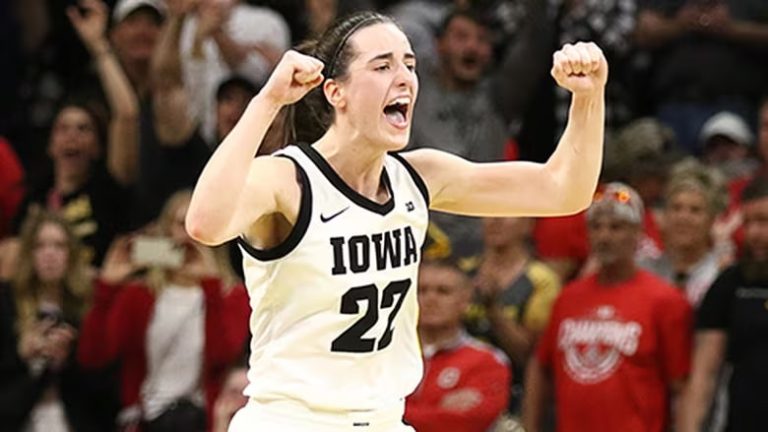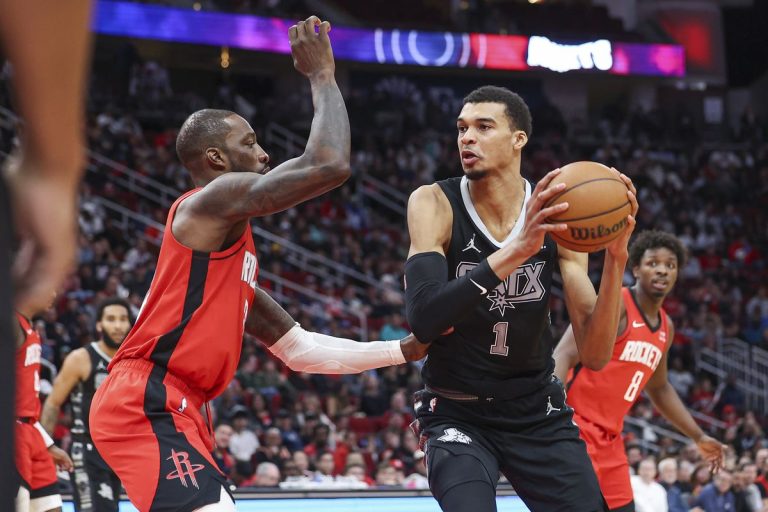NBA All-Star Game: Traditional format return, no draft, elimination of Elam Ending
The NBA All-Star Game is set to return to its traditional format as it heads to Indianapolis for the first time since 1985. Departing from the All-Star Draft used in the past six seasons, the upcoming game will showcase the Eastern Conference facing off against the Western Conference. Additionally, the scoring will revert to the regular-season format, abandoning the untimed fourth quarter that concludes after reaching the “final target score,” commonly referred to as the Elam Ending.
Each team will continue to feature 12 players representing their respective conferences, with fan voting determining the team captains from the five starters on each side. LeBron James will lead the Western Conference squad, joined in the starting lineup by Luka Dončić of the Dallas Mavericks, Shai Gilgeous-Alexander from the Oklahoma City Thunder, Nikola Jokić of the Denver Nuggets, and Kevin Durant of the Phoenix Suns.
On the Eastern Conference side, Joel Embiid of the Philadelphia 76ers, Jayson Tatum of the Boston Celtics, Tyrese Haliburton from the Indiana Pacers, and the Milwaukee Bucks duo of Giannis Antetokounmpo and Damian Lillard will comprise the starting lineup.
The shift back to the traditional East vs. West format adds a nostalgic touch to the All-Star Game, bringing back memories of past matchups and fostering a renewed sense of competition between the two conferences. The decision to abandon the Elam Ending and return to regular-season scoring adds to the classic feel, eliminating the unique conclusion that had become a hallmark of recent All-Star Games.
In addition to the All-Star Game, the league also unveiled the players selected for the Rising Stars game, along with the coaching lineup featuring Tamika Catchings, Jalen Rose, Pau Gasol, and Detlef Schremph. The Rising Stars game will showcase a mix of 11 rookies and 10 sophomores, with notable names such as Spurs’ Victor Wembanyama, Trail Blazers’ Scoot Henderson, and Hornets’ Brandon Miller among the rookies. The sophomore class will include Kings’ Keegan Murray and Magic’s Paolo Banchero. Notably, seven G League players, including Mac McClung and Oscar Tshiebwe, will also participate in the game, adding an extra layer of excitement to the rising stars showcase.
The return of the All-Star Game to Indianapolis holds sentimental value, marking a significant gap since its last appearance in 1985. As the league reverts to the traditional East vs. West format, basketball enthusiasts can anticipate a blend of nostalgia and contemporary talent on display during the showcase event.
With LeBron James leading the Western Conference and Joel Embiid spearheading the Eastern Conference, the All-Star Game promises to deliver an exciting clash between the league’s top talents. The reversion to the traditional scoring system and the exclusion of the Elam Ending contribute to the overall celebration of basketball tradition, as fans eagerly await the spectacle set to unfold in Indianapolis.
While the return to the traditional East vs. West format for the NBA All-Star Game may seem like a positive step, it’s essential to acknowledge that the league previously had similar intentions when it introduced the draft format in 2018. The All-Star Game has long struggled to deliver a genuinely competitive matchup, with players often prioritizing a relaxed approach, showing minimal interest in defense, or exerting excessive effort in a game that, ultimately, holds no tangible significance.
The draft format, where captains like LeBron James selected their teams from a pool that included Stephen Curry, Kevin Durant, or Giannis Antetokounmpo, brought a fresh and entertaining twist to the All-Star Game. However, despite its innovative approach, the draft format failed to address the underlying issue of a lack of competitiveness during the game. The captivating element of players being chosen by team captains injected some novelty, yet it did little to enhance the overall intensity and significance of the All-Star Game.
Given that the competitive aspect remained a concern both before and after the switch to the draft format, skepticism arises regarding the effectiveness of the latest change back to the traditional format. The decision to revert to East vs. West at Gainbridge Fieldhouse in Indianapolis for the upcoming All-Star Game in February may evoke a sense of nostalgia, but it doesn’t necessarily address the fundamental challenge of making the game more competitive. The absence of tangible stakes or meaningful consequences for the outcome continues to be a crucial factor contributing to the All-Star Game’s lack of intensity.
As fans look forward to what is sure to be a vibrant and celebratory weekend, it’s essential to temper expectations regarding the impact of the format change on the game’s competitiveness. While the return to tradition may evoke sentiments of the past, the underlying issues with the All-Star Game’s competitive nature persist. The party-filled atmosphere in Indianapolis during the All-Star festivities may enhance the entertainment value, but the lack of genuine competition remains an inherent challenge that the league has yet to effectively address.

